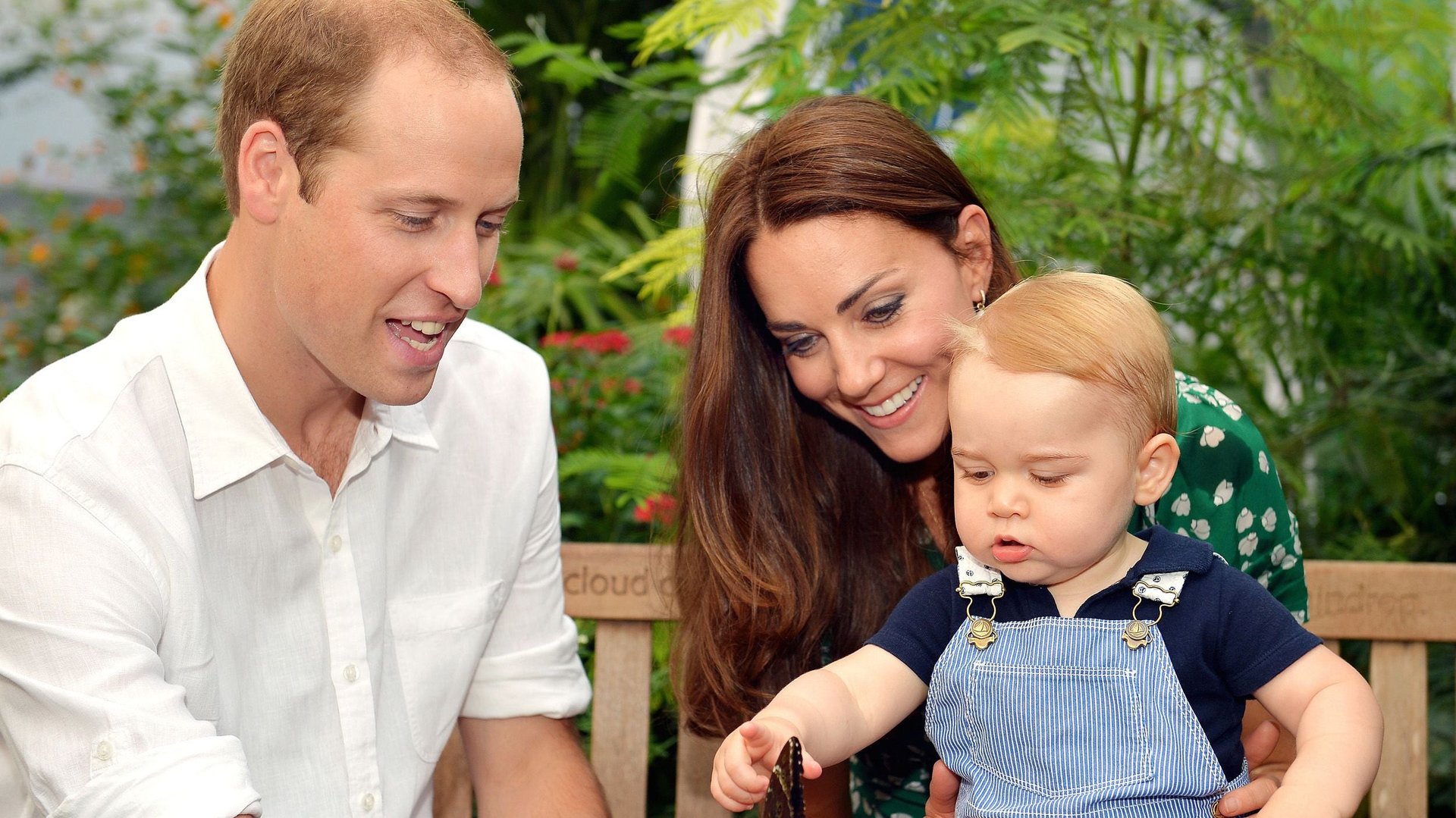Narcissist kid? Blame the parents
Parents who show love and affection raise kids with high self-esteem. But be careful not to overdo it: Parents who put their children on a pedestal raise narcissists. It’s a fine line, but one that can define whether your kid will simply be pleased with herself, or she’ll show derision toward others.


Parents who show love and affection raise kids with high self-esteem. But be careful not to overdo it: Parents who put their children on a pedestal raise narcissists. It’s a fine line, but one that can define whether your kid will simply be pleased with herself, or she’ll show derision toward others.
That’s according to a new study published in the US journal Proceedings of the National Academy of Sciences. Researchers followed 565 children in the Netherlands between ages 7 and 11 for a year and a half, surveying the children and their parents every six months. They found that parents who overvalued their children transferred that effect, making the children think they were better than others. Those children both started at a higher level of narcissism and increased their narcissism at a significantly higher rate than kids whose parents showed them a more appropriate kind of love and affection, co-author Eddie Brummelman tells Quartz.
What’s wrong with a kid having self-worth, you ask? Well, narcissistic children think they’re better than others, and tend to become aggressive when they don’t get the admiration they want, whether or not they deserve it, Brummelman says.
Narcissism is actually different from high self-esteem, and narcissistic children, especially those with low self-esteem, can be at a higher risk for depression and anxiety. “You can be very satisfied with yourself but not think you’re better than others,” Brummelman explains. “You can also think you’re better than others, but not [be] satisfied with yourself.”
Predictors of narcissistic parenting start even at a child’s birth. Parents raising narcissistic children tend to give them unique names, a sign that they’re more special than everyone else. These parents also lavished praise, whether the child deserved it or not, and believed their child had a higher IQ than they actually did, Brummelman says.
Researchers asked parents whether their children were familiar with a number of topics, including some they made up. The parents of budding narcissists were so confident in their children that they said their kids would be familiar with topics that didn’t exist—The Tale of Benson Bunny, for example. (That’s not a real thing.)
Fathers may need to work on changing their habits more than mothers. While mothers showed more warmth (the healthy kind of love), fathers were more likely to overvalue their children, the study notes. And overall, boys had both higher self-esteem and higher narcissism than girls.
While parenting plays a role, narcissism is also a hereditary trait, Brummelman says. Still, parents can curb the behaviors by showing affection and appreciation for effort without unconditional praise, he says.
So if your kid aces his next math test, don’t tell him how smart or special he is, one of the study’s other co-authors told NPR. Instead, praise him for how hard he worked to get there.